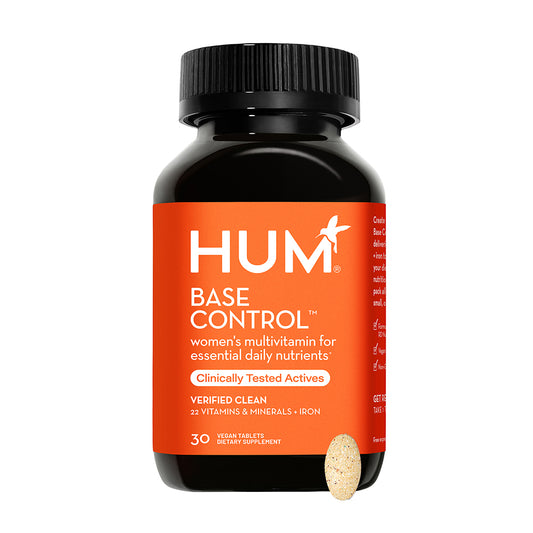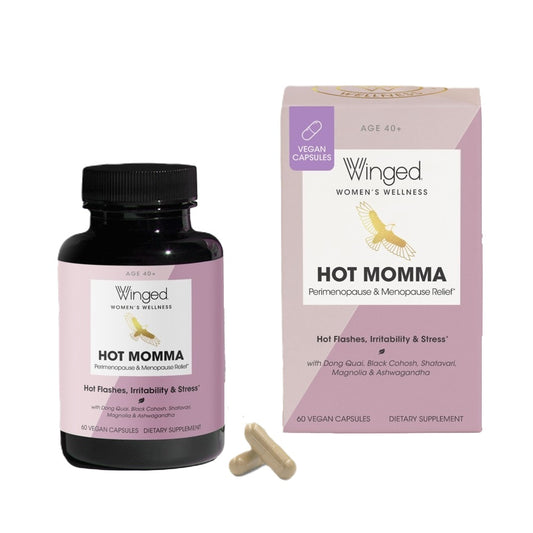Menopause is a gradual, natural process that usually happens around ages 45-55. The ovaries run out of eggs and produce fewer hormones, which cause an eventual stop in monthly menstrual periods.
You don’t just wake up one morning and have menopause — it’s a gradual process that happens over several years and can be roughly broken down into 3 stages. These stages can vary greatly from person to person. Perimenopause can last longer for some people. And the symptoms of perimenopause and menopause can vary in length and severity for each person and change over time. More accurately, menopause should be called the menopausal transition. Menopause (as you’ll see below) is just a single point in time, but the menopausal transition is the entire stage (perimenopause through postmenopause) when your hormones are slowly decreasing.
Throughout this website (and in most other places) the term “menopause” is usually used to refer to the entire menopausal transition.
Stage 1: Perimenopause
Several years before a final period, hormone levels start to change. When we talk about “menopause”, most of what we’re really talking about is perimenopause — the irregular periods, the various symptoms and changes in our bodies.
Spacing between periods may change or become irregular, as well as changes in the length or flow of periods. As you get closer to menopause, you’ll likely notice that you’ll miss a few monthly periods and the time between periods will increase.
Many people also start to experience menopausal symptoms like hot flashes, mood swings, depression, irregular periods, sleep problems, and other symptoms during this time. The average age is 47, but perimenopause can start earlier.
Stage 2: Menopause
Menopause is less of a phase and more of a moment in time. The definition of menopause is the point at which it has been12 months since your last period. That means you haven’t had any bleeding, including spotting, for 12 months in a row. The average age of menopause in the United States is 51 years old. Learn more.
Stage 3: Postmenopause
This is the time after menopause (12 months from your last period) and lasts for the rest of your life. Hormone levels remain low and no longer fluctuate. The ability to get pregnant or have monthly cycles is no longer possible. The lower levels of hormones can increase the risk for heart disease and osteoporosis or weak bones.
The first 2-6 years after your final period are known as early postmenopause. While the level of hormone changes is often greatly decreased, there are still some minor variations in hormone levels, which is why some people can experience symptoms for years after their final period.

Other possible stages and causes of menopause
There’s also something called surgical (induced) menopause which can occur as the result of surgical removal of both ovaries. In this situation, a person will abruptly develop menopausal symptoms immediately after the surgery. They will not go through the standard perimenopause process.
There can be other causes for menopause before age 45, such as chemotherapy or radiation therapy for cancer, or autoimmune or genetic abnormalities. Early menopause is when menopause occurs between age 40-45. There's also a condition called primary ovarian insufficiency (POI) (also known as premature ovarian failure), which can lead to menopause occurring before the age of 40.
If you’re experiencing any of the symptoms mentioned above (at any age) or have any other questions or concerns, be sure to talk to your doctor to rule out any other causes and discuss ways you can better manage your symptoms.
If you have specific questions about perimenopause or menopause and want to talk to a menopause care provider, consider setting up a virtual appointment with one of the telehealth providers in our Menopause Care Directory.





1 comment
I’m feel terrible right now😓